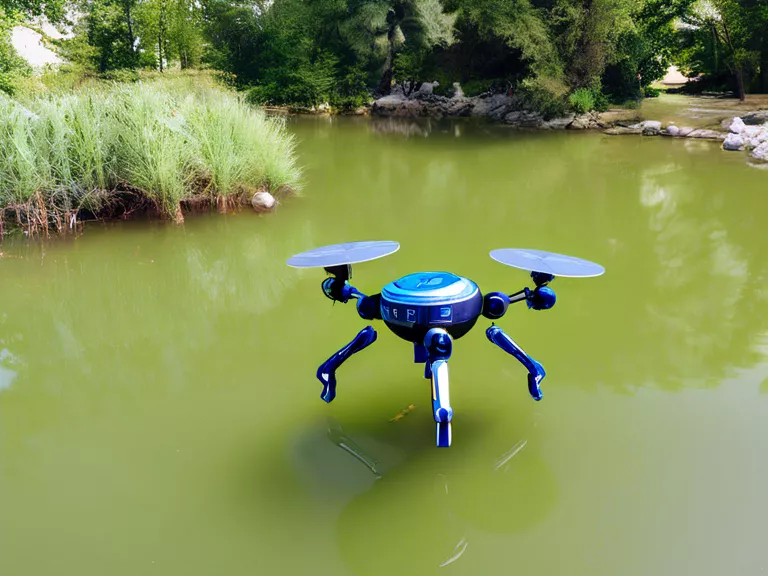
In recent years, delivery drones have emerged as a potential solution to the last-mile logistics challenges faced by companies in the delivery industry. These challenges include traffic congestion, high delivery costs, and time delays. However, with advancements in technology and regulatory approvals, delivery drones are now able to overcome these obstacles and provide a more efficient and cost-effective delivery option.
One of the main advantages of delivery drones is their ability to bypass traffic congestion, which is a common issue in urban areas. Drones can fly directly to their destination without being affected by road congestion, enabling faster delivery times. This is particularly beneficial for time-sensitive deliveries, such as medical supplies or emergency deliveries.
Additionally, delivery drones can reduce delivery costs for companies by eliminating the need for traditional delivery vehicles and drivers. This can result in significant cost savings, especially for companies with high-volume deliveries. By utilizing drones, companies can also reduce their carbon footprint and contribute to a more sustainable delivery process.
Another challenge that delivery drones are overcoming is the issue of last-mile delivery to remote or hard-to-reach locations. Traditional delivery vehicles may struggle to access these areas due to rough terrain or lack of infrastructure. Drones, on the other hand, can easily reach remote locations and deliver packages efficiently.
Regulatory approvals have also played a key role in the adoption of delivery drones. Many countries have now established guidelines and regulations for the operation of drones, ensuring the safety and security of air traffic. By complying with these regulations, companies can operate drones legally and expand their delivery capabilities.
Overall, delivery drones are revolutionizing the way companies approach last-mile logistics challenges. By leveraging the capabilities of drones, companies can improve delivery times, reduce costs, and reach remote locations more effectively. As technology continues to evolve and regulations become more supportive, the use of delivery drones is expected to become more widespread in the near future.



